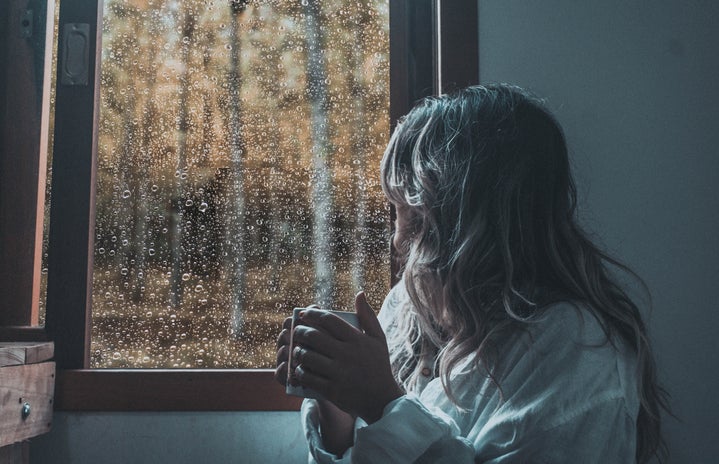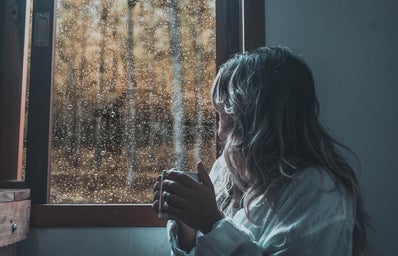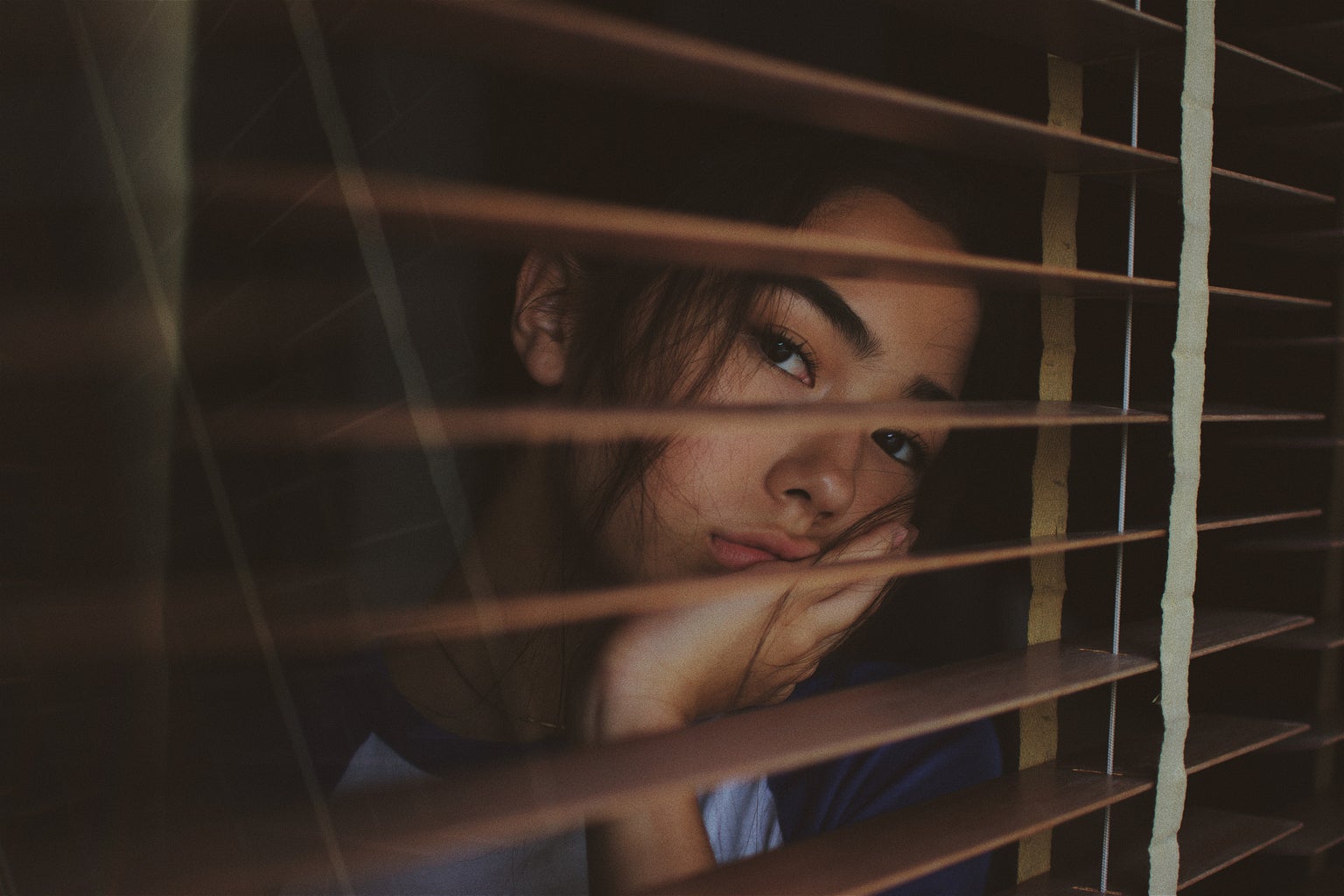Some people say fall is their favorite season. The smell of pumpkins and cinnamon surrounds us in coffee shops and in people’s homes, everyone’s cravings for apple and pumpkin pies skyrocket, the leaves turn to orange and red, and the cozy fall sweaters make their way out of storage and into everyone’s closets once again. Fall is also the start of some people’s favorite holidays like Halloween and Thanksgiving, and people get excited knowing that winter holidays are just around the corner.
Now, pumpkin desserts, cozy coffee shops and Halloween festivities do excite me, but I hold a surprisingly unpopular opinion that fall is my least favorite time of the year. Especially growing up in the Pacific Northwest, when fall arrived, so did months of rain, gray skies, shorter days of sunlight and colder weather. The cold weather and lack of sunlight would often cause me to feel groggy throughout the day and less energetic. This has only continued into my college experience, during which I find myself not wanting to leave the comfort of my bed to walk to class in the Richmond rain and sudden cold weather. Pair this with the dreaded midterm season and you have a previously highly motivated student struggling to find the desire to do work.
Fall and winter weather can have this effect on many people, but young college-age women are most susceptible to these mood changes. This makes sense since fall is also a transition between the long break from school to academic stress making its way back into college students’ lives. If you find yourself feeling particularly unmotivated during the fall and winter months, here are some tips to feel your best, according to Dr. Amado Daylo from Kaiser Permanente:
1. Move your body!
Exercise can work like an antidepressant. Of course, exercise is good for health in general as well.
2. Put more natural light into your life
Days get shorter as we get closer to winter, so we also see less sunlight. To combat this, keep your living space bright and open your windows to let sunlight in when you can. You can also use lamps that mimic natural light.
3. Check with your doctor about your Vitamin D levels
When there’s less sunlight around, your Vitamin D levels may drop. Check with your doctor about if your levels are okay and if Vitamin D supplements would benefit you.
4. Eat a healthy, balanced diet
Green and orange fruits and veggies and complex carbohydrates are particularly helpful in improving your mood.
5. Surround yourself with bright colors and energizing scents
Stimulating other senses in your body, like sight and sense of smell, can be very helpful.
For most people, “winter blues” are simply a lack of energy or more grogginess. However, if you find yourself feeling depressed and experiencing stronger effects from the seasonal change, ask your doctor about Seasonal Affective Disorder (SAD). This is a disorder diagnosed by a health provider for people who have certain symptoms for at least two consecutive years within a specific season. These symptoms may include a lack of interest in usual activities, feeling depressed mostly every day, struggling to sleep, feeling suicidal and weight and appetite changes, among others. During the fall and winter times of the year, specifically, common symptoms are weight gain, social withdrawal, oversleeping and overeating, especially carbohydrates. If you experience SAD, using the tips above and talking to a medical professional or therapist can help combat these symptoms.
College is hard as it is. Cold weather and darker days don’t make getting through those midterms, important projects and assignment deadlines any easier. Try to incorporate these tips into your life to feel your best year-round, even when the weather makes you feel down.



